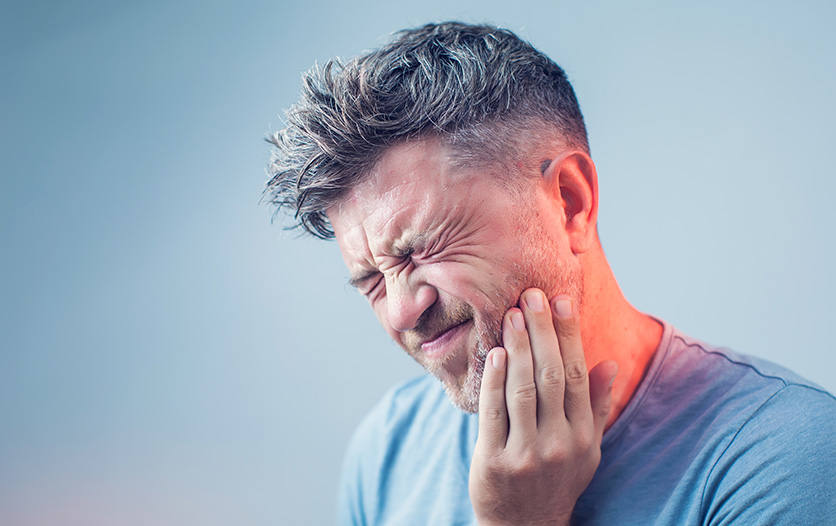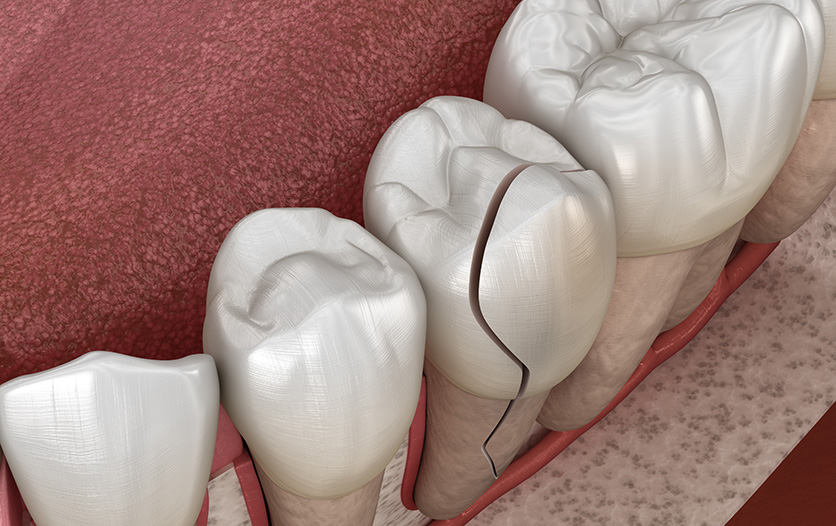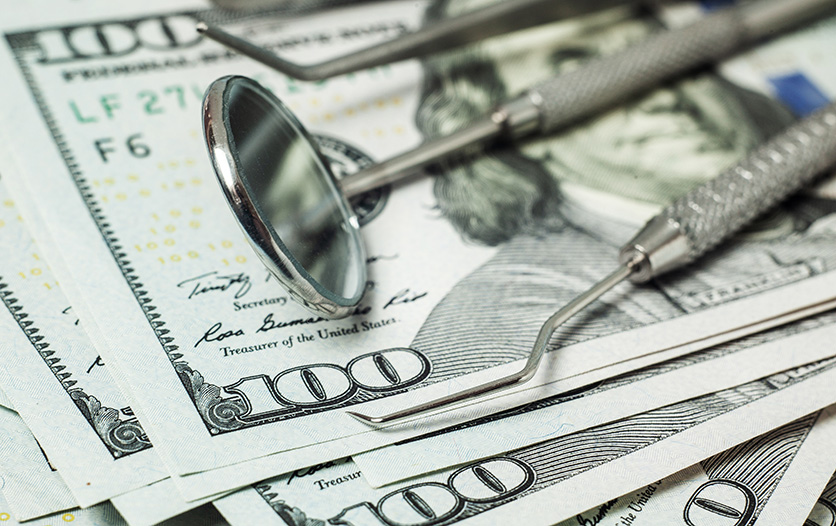
10 Reasons You Can Get A Toothache — And What To Do About It
Toothaches are a common dental issue that can be caused by a variety of factors. If you’re experiencing tooth pain, it’s important to determine the underlying cause so that you can seek appropriate treatment. Do any of these 10 reasons fit your symptoms?
1. Tooth Decay
Tooth decay, or cavities, is one of the most common causes of toothaches. When bacteria in your mouth produce acid that eats away at the enamel of your teeth, it can cause cavities to form. If left untreated, tooth decay can progress and cause significant pain.
What to do: If you suspect you have a cavity, see your dentist as soon as possible. Depending on the severity of the decay, your dentist may recommend a filling, crown, or other treatment to restore the tooth.
2. Gum Disease
Gum disease is a bacterial infection that can damage the gums and the supporting bone that holds your teeth in place. Advanced gum disease can cause tooth pain, as well as other symptoms such as bleeding gums, bad breath, and loose teeth.
What to do: If you suspect you have gum disease, see your dentist or periodontist for evaluation and treatment. The severity of the disease will determine whether the treatment will involve deep cleaning, antibiotics, or surgery.
3. Tooth Abscess
A tooth abscess is a pus-filled pocket that forms in the tooth or in the gums around the tooth. It’s typically caused by an infection and can cause toothaches, swelling, and fever.
What to do: If you suspect you have a tooth abscess, see your dentist as soon as possible. Treatment may involve draining the abscess and prescribing antibiotics to treat the infection.
4. Dental Trauma
Dental trauma, such as a crack or fracture in a tooth, can cause significant pain and sensitivity. Trauma can be caused by a variety of factors, including sports injuries, falls, or biting down on hard objects.
What to do: If you experience dental trauma, see your dentist as soon as possible. Treatment will depend on the severity of the injury and may involve a filling, crown, or root canal.
5. Tooth Grinding
Tooth grinding, or bruxism, can cause toothaches and sensitivity due to the constant pressure on the teeth. Bruxism is often caused by stress and can also lead to other dental issues, such as worn-down teeth and jaw pain.
What to do: If you suspect you’re grinding your teeth, talk to your dentist about treatment options. Depending on the severity of the bruxism, treatment may involve a mouthguard or other relaxation techniques.
6. Sinus Infection
A sinus infection can cause tooth pain in the upper jaw due to pressure on the sinuses. The pain is typically a dull ache and may be accompanied by other symptoms, such as congestion and headache.
What to do: If you suspect you have a sinus infection, see your healthcare provider for evaluation and treatment. Treating the sinus infection should help alleviate the tooth pain.
7. Impacted Wisdom Teeth
Impacted wisdom teeth, or wisdom teeth that are unable to fully emerge from the gums, can cause pain and discomfort in the back of the mouth. This is a common issue that often requires extraction.
What to do: If you suspect your wisdom teeth are impacted, see your dentist for evaluation. Depending on the severity of the impaction, your dentist may recommend extraction.
8. Damaged Fillings or Crowns
Fillings and crowns can become damaged over time, which can cause tooth pain and sensitivity. This can be due to normal wear and tear or biting down on hard objects.
What to do: If you suspect a filling or crown is damaged, see your dentist for evaluation. Treatment may involve repairing or replacing the filling or crown.
9. Temporomandibular Joint Disorder (TMJ)
Temporomandibular Joint Disorder (TMJ) is a condition that affects the jaw joint and can cause pain in the jaw, neck, and teeth. It can be caused by a variety of factors, including stress, injury, or a misaligned bite.
What to do: If you suspect you have TMJ, see your dentist or a TMJ specialist for evaluation and treatment. Treatment may involve physical therapy, medications, or a mouthguard.
10. Erupting Teeth
Children and teenagers who are experiencing tooth pain may be going through the process of having their permanent teeth come in. This can cause pain and sensitivity in the mouth.
What to do: If your child is experiencing tooth pain, see your dentist for evaluation. If the pain is due to erupting teeth, treatment may involve over-the-counter pain relief and good oral hygiene habits.
Let’s Sum Up
In conclusion, toothaches can be caused by a variety of factors, and it’s important to seek treatment as soon as possible to avoid further complications. If you’re experiencing tooth pain, see your dentist for evaluation and treatment. Depending on the underlying cause, treatment may involve a filling, crown, root canal, or other procedures. Good oral hygiene habits, such as brushing twice a day and flossing daily, can also help prevent toothaches and maintain good oral health.
Contact Evers Dental to schedule an appointment or to discuss your treatment options. Our compassionate team is here to help you address your dental issues.
Keep reading:
How much does it cost? 5 facts about dental implant prices
What you should know about tooth extraction cost
Time for a wisdom tooth extraction? The signs to look for




